
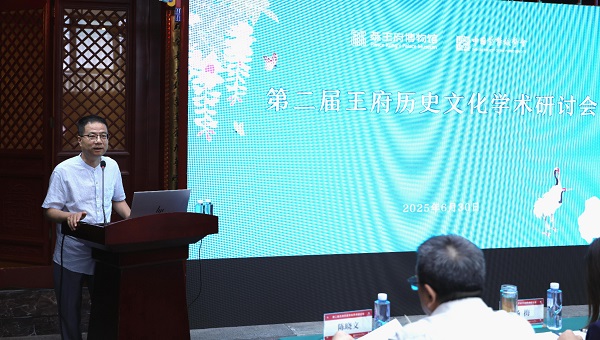
Prince Kung's Palace Museum hosted the second academic symposium on the history and culture of princely residences in Beijing on June 30.
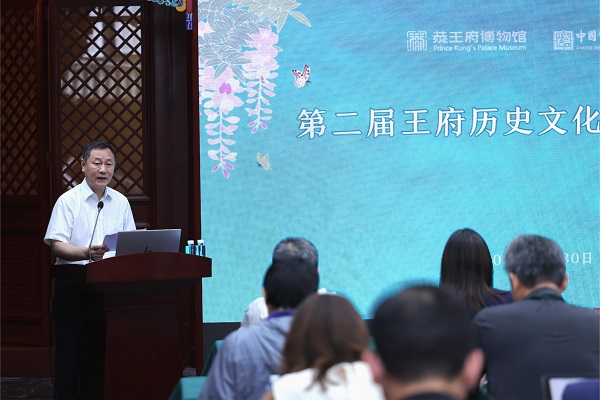
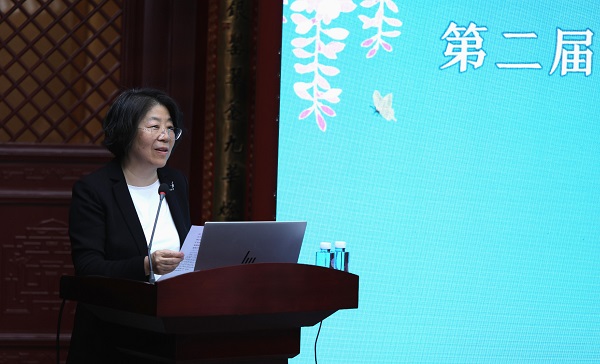
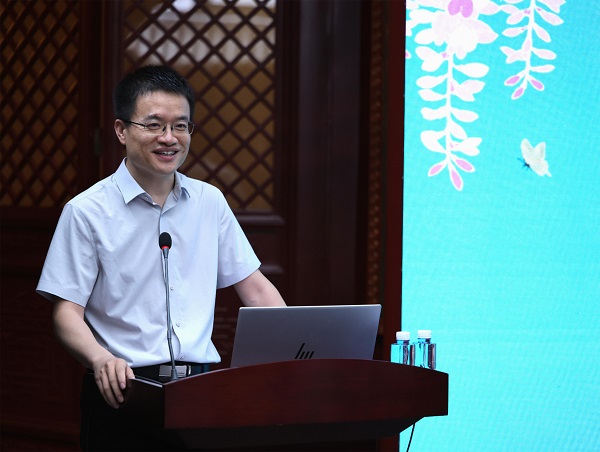
Chen Xiaowen, deputy director of Prince Kung's Palace Museum, presided over the symposium's opening ceremony, followed by addresses delivered by Sun Qigang, director of the Research Committee on the History and Culture of Princely Residences; Zhao Guoying, president of the Forbidden City Society; Hu Heng, dean of the School of History and director of the Institute of Qing Dynasty History at Renmin University of China (RUC); and Feng Nai'en, director and Party secretary of Prince Kung's Palace Museum.
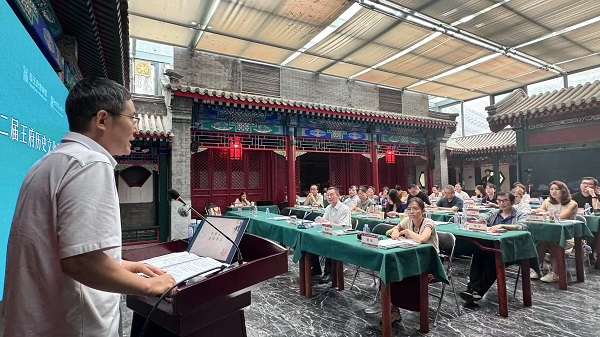
This symposium received 32 academic papers. During the presentations, participants engaged in in-depth discussions on the history and culture of Qing Dynasty (1644-1911) princely residences, exploring topics such as prominent figures, architectural heritage, gardens and tombs, historical documents, social life, collections, and museum development, with support drawn from artifacts, archives, and archaeological sites. Associate Professor Dong Jianzhong of RUC reviewed and commented on these presentations.
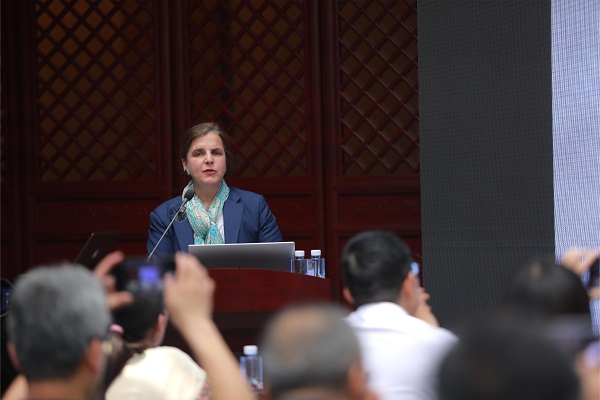
This landmark event has significantly advanced research of princely residence history and culture—an important component of Qing history—especially in applying interdisciplinary approaches and conducting in-depth case studies. These solid academic achievements provide invaluable support for the scientific conservation, interpretation, and value enhancement of surviving princely residence sites, as well as for the sustainable development of museums.
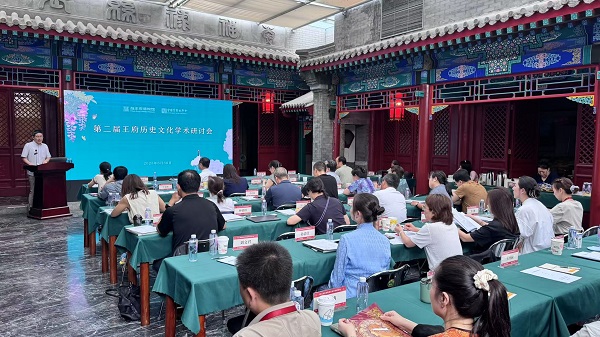
Hosted by Prince Kung's Palace Museum and organized by the Research Committee on the History and Culture of Princely Residences of the Forbidden City Society, the symposium was attended by more than 40 experts and scholars from 12 institutions, including the Palace Museum, the National Museum of China, the First Historical Archives of China, and the Free University of Berlin.